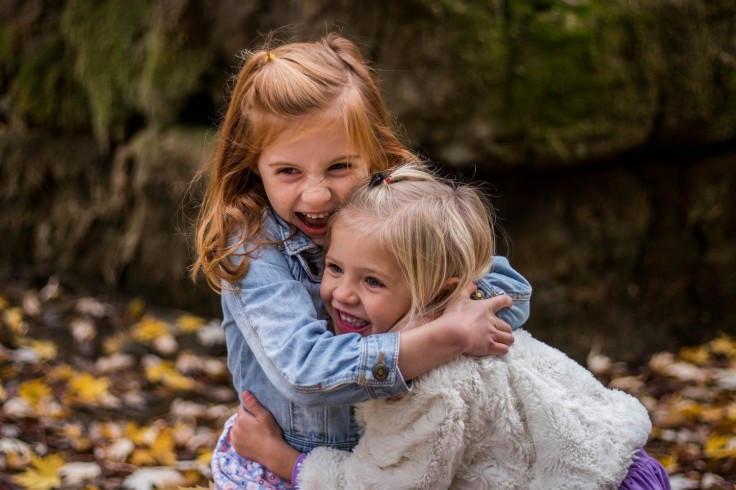
A child's world expands as they grow up and starts to go to school. Relationships with other people become more important for the child, including the friends they make at school. Friendships are beneficial for the child as it helps with their self-esteem. When a child has friends, they would feel they belong, and if one of their friends needs extra help, lending a hand would make them feel good, per Raising Children.
Friendship helps children develop essential life skills they would need to get along with others and sort out conflicts and problems. Children with these skills are less likely to have social and emotional crises later in life.
Dr. Michael Whitehead, a marriage and family therapist in Twin Falls, Idaho, said that most kids have friends, on average, between seven and nine. Usually, these are people they commonly meet with regularly. A child's number and quality of friendships can vary due to personality type, emotional regulation skills, and prosocial behaviors such as friendliness.
Read Also : How the Upcoming Disney Film 'Little Mermaid' Are Making Little Black Girls Feel Included
Why is friendship among children important?
Renata Klabacha, licensed marriage and family therapist in Chicago, Illinois, said that friendship plays a vital role in child development and throughout their lifespan. Childhood friendship is salient as it provides children with companionship, support, peer-level social interaction, and the opportunity to explore not just inside the basic unit of society but also with the circle of friends.
The study "Social Relations and Life Satisfaction: The Role of Friends" showed that having friends who have the same period of birthyear helps children feel good about themselves. Particularly, having a friend who showers them with positive action and affirmation and enhances self-worth makes them feel good.
According to Very Well Family, having at least one good friend as a kid is associated with having healthier mental health as an adult. The study further stated that solid childhood friendships are linked to developing healthy prosocial skills.
Having a friend you call your best friend has many benefits, including reduced loneliness and anxiety. A child with a best friend would likely engage in school activities and know self-worth.
Childhood friendships contribute to children's quality of life
Some kids find it hard to find friends; as a result, they wouldn't be excited to go to school and are more likely to be socially anxious as they have difficulties making and keeping friends. Parents must encourage their children to make friends and teach them to be friendly so they won't have trouble garnering friends. However, they should not be forced if they don't feel comfortable being friendly. Parents should tell them they can go to them anytime.
Parents can also ask the child's teacher about their observations to track the improvements in their child's ability to engage.
Dr. James Youniss, a professor of psychology at the Catholic University of America in Washington, D.C, noted that parents should avoid getting too involved in their child's social life and allow them to flourish even without their presence, just them and their friends.
Friendships serve as a great support system for the child, and truthfully, it dramatically impacts mental and physical health, per Exchange Family.